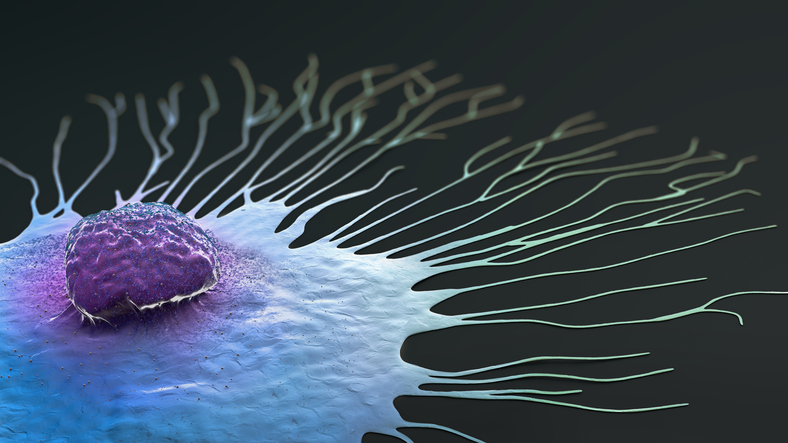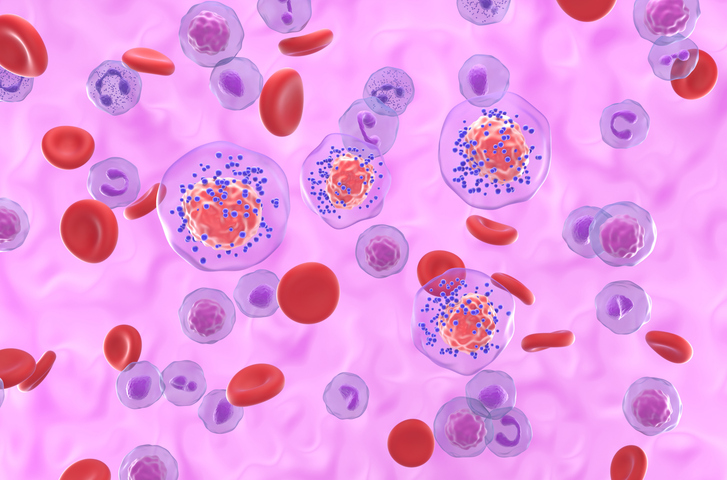
Women who take aspirin prior to a breast cancer diagnosis who have long interspersed elements‐1 (LINE‐1) global methylation and promoter methylation of BRCA1 and PR in their tumor have a reduced risk of death, according to a study published in Cancer.
Researchers assessed pre-diagnosis aspirin use in a population‐based cohort of 1,508 women diagnosed with first primary breast cancer in 1996 and 1997. Global methylation in peripheral blood was assessed by LINE-1 and the luminometric methylation assay. Promoter methylation of 13 breast cancer‐related genes was measured in tumor by methylation‐specific polymerase chain reaction and the MethyLight assay.
A total of 476 women died from any cause and 202 died from breast cancer by the end of 2014.
New epidemiologic study from @uncpublichealth is the 1st to examine whether prior aspirin use interacts with global methylation and/or tumor promoter methylation of breast cancer‐related genes to impact mortality after breast cancer: https://t.co/C6M8DfAlFm
— ACS Journal Cancer (@JournalCancer) August 12, 2019
Aspirin use improves survival
All‐cause mortality was higher among aspirin users who had methylated promotor of BRCA1 (hazard ratio [HR] = 1.67; 95% CI, 1.26‐2.22), but not among those with unmethylated promoter of BRCA1 (HR=0.99; 95% CI, 0.67‐1.45; P≤0.05).
Researchers observed decreased breast cancer‐specific mortality among aspirin users who had unmethylated promotor of BRCA1 (HR=0.60) and PR (HR=0.78) and global hypermethylation of LINE‐1 (HR=0.63; P≤0.05).
The researchers said that these findings could help identify individuals who may benefit from aspirin after a breast cancer diagnosis based on their cells’ DNA methylation profile.







 © 2025 Mashup Media, LLC, a Formedics Property. All Rights Reserved.
© 2025 Mashup Media, LLC, a Formedics Property. All Rights Reserved.